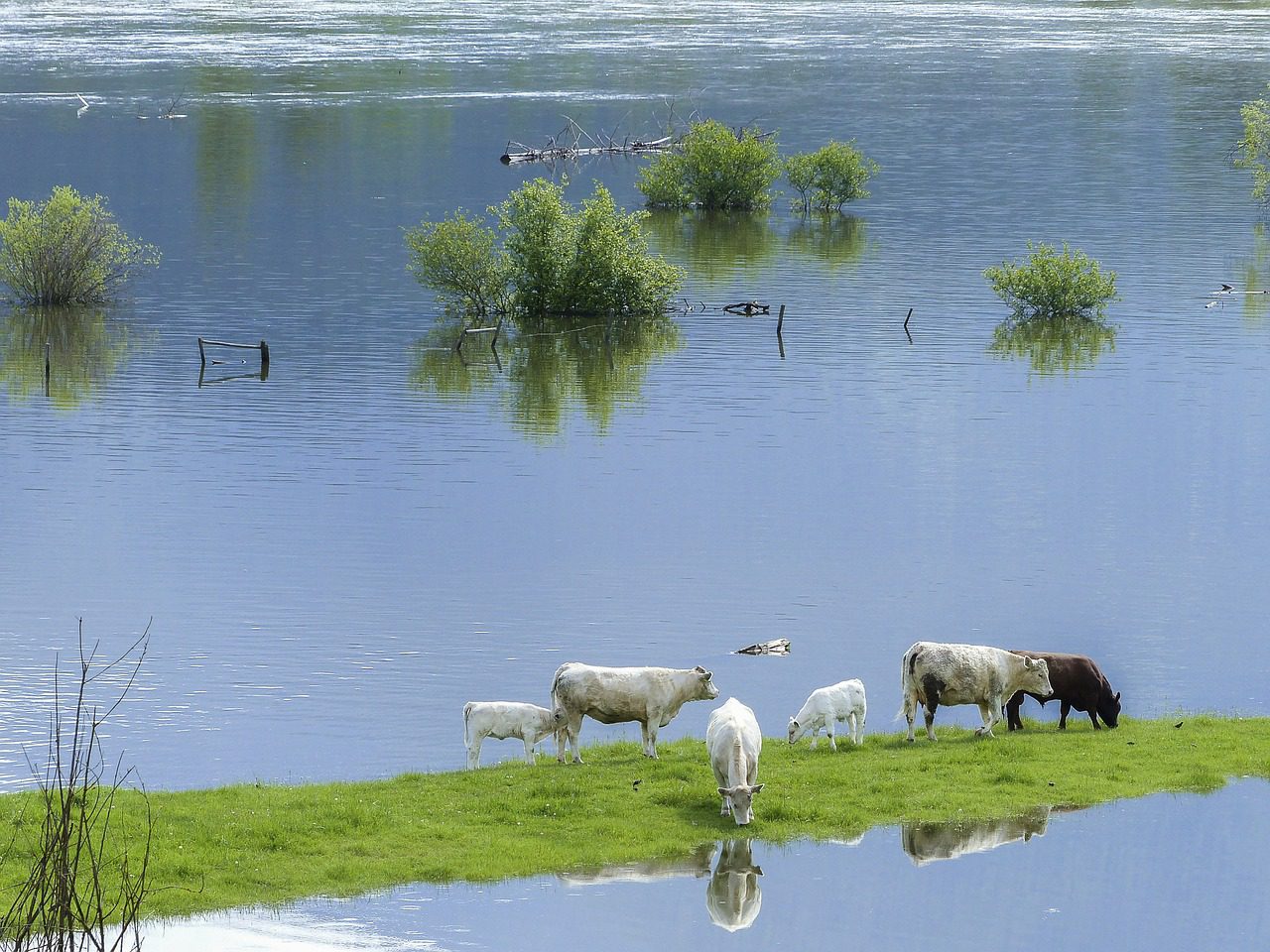See more tips on getting your agrioperation ready if another hurricane comes through Florida this hurricane season.
June 1st was the official start of the Atlantic Hurricane season, and as we shared in an earlier blog on getting the farm ready for a hurricane, NOAA has predicted that we could be in store for another active hurricane season this year. Last time, we shared tips from UF/IFAS on getting your farm ready; this time, we’ve broadened our message to include more in-depth tips from another UF/IFAS source to help your agrioperation to be prepared for the next big storm.
More Tips for Getting Your AgriOperation Hurricane-Ready
These preparations will help your agrioperation to be prepared for a number of different disasters and crises, so they are good ideas all around. They include:
- Create a Paper List With Contact Info for Everyone. Cell phone service can go down, and batteries will die, so make sure you have a paper copy of everyone’s numbers. Remember to include:
- Extended family
- Employees
- Veterinarian
- Neighbors
- Farm Service Agency Office
- Insurance provider
- Utility Company – Report downed power lines and power outages so your farm can be added to their response list.
- County Extension Offices
- Prepare for Loss of Power. Power loss is common, so be prepared to deal with it up to a week or more. The following tips are word-for-word recommendations from the UF/IFAS guide:
- Order fuel to top off farm fuel tanks for tractors and equipment. Fuel deliveries may be disrupted following the storm.
- Fill farm and family vehicles with gas. Local gas stations may not be open for several days after the storm passes.
- Purchase batteries for flashlights and lanterns. Have enough flashlights ready for each employee.
- Stock up on feed for animals receiving supplemental feeds. Don’t forget the cats and dog food. Have enough hay, feed and health care supplies on hand for 1-2 weeks. Feed stores may not be open for business for a week or more after a storm.
- Move animals to pastures with ponds so well-filled water troughs are not the only source of water.
- Dairy farms should have enough generator power so that cows can be milked each day.
- For operations that rely on electric fencing, have a generator ready to keep the fence hot, or at least move animals to interior pastures so they have multiple fences to help keep them in.
- Prepare for High Winds. High winds are another major concern. UF/IFAS recommends:
- Make sure chainsaws are in good working order and stock up on mixed fuel.
- Locate chains and come-a-longs for limb and tree movement off of fences and buildings.
- Stock up on fence repair materials: wire, posts, and staples for repairing fences damaged by limbs and trees.
- Move animals and valuable equipment out of barns. Most agricultural barns are not made to withstand more than 75-100 mile per hour winds without some damage. Metal roofing material falling and flying around can be deadly. Normally open fields or pastures are much safer for both animals and equipment. Animals out in the open have a way of avoiding danger most of the time.
- Move animals to interior pastures so there are multiple fences between animals and the highway or neighbors.
- Identify cattle and horses so that if they do wander out of your property, you can be notified of their whereabouts. Halters or collars and luggage tags can be used for horses. If nothing else is available, spray paint your name and phone number on cattle or horses, so they can be returned to you following a storm. Do not include Coggins number on any identification, because that would allow the animal to be sold at auction.
- Pick up debris that might become high-wind hazards. Strap down feeders, trailers and other items that might blow around and injure animals or cause damage to facilities.
- Prepare for Flooding. Flooding is another big concern. UF/IFAS recommends you prepare your agrioperation by:
- Move tractors, equipment, hay, or other stored items to highest ground.
- Move animals out of low lying pastures, or at least tie the gates open so they can move to higher ground if need be.
- Have enough hay on hand to feed for two weeks in case grass runs short from low areas being flooded.
- Make sure drainage ditches are clean without blockage.
We’ll share another blog about what to do after a major storm has passed. Read the full article here.
Griffin Fertilizer is committed to helping both growers and ranchers make sound agronomic and economic decisions in order to maximize the health of their grove and pasture. As a full-service custom dry & liquid fertilizer blender and crop protection product distributor, we will continue our mission to further advance Florida agriculture. For questions or concerns about your farm or pasture, contact us and one of our team will be in touch.

